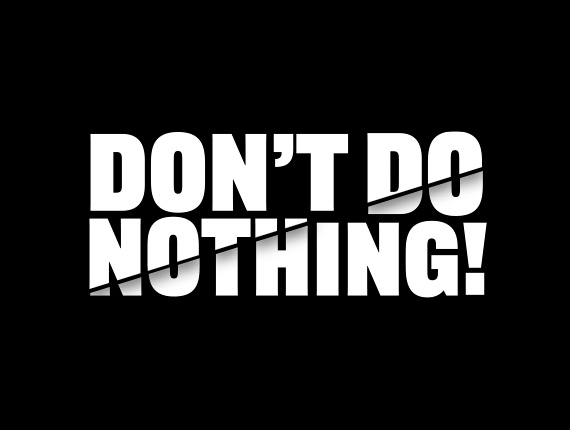Bullying
Bullying is the repetitive, intentional hurting of one person or group by another person or group, where the relationship involves an imbalance of power. It takes many forms and can include:
- physical assault
- teasing
- making threats
- name calling
- cyberbullying - bullying via mobile phone or online (for example email, social networks and instant messenger).
If you are worried about someone you know, talk to a responsible adult or visit one of the helpful websites below to get advice.
If you are worried about your child or a young person being bullied or their behaviour towards others, you should speak with their education setting first.
Help if you or someone you know is being bullied
Whether it's for you, your child, or your parents, there are a lot of local and national charities you can turn to:
For children or young people
- Childline (a national charity for all children and young people, learn who to talk to, what help is available and the different types of bullying).
- Cyber bullying policy in school (PDF, 89.4 KB) (a document made by Kent Youth County Council explaining why schools should have a cyber bullying policy).
- Help and support from the Anti-Bullying Alliance (this helpful website has lots of great advice, support, videos and tips to help you if you're being bullied).
- Support for young people (a website for young people, Kidscape has a dedicated section on their website to help you if you're being bullied)
- The Mix (a website for young people, understand the different types of bullying, read research and learn about discrimination)
- Young Minds (a charity dedicated to supporting young people and their mental health, discover how to cope with life, emotions and mental health conditions).
Looking out for a friend
- What to do if you see someone being bullied (Kidscape)
- Supporting your friend's mental health (Young Minds)
Don't Do Nothing
The 'Don't Do Nothing' campaign was created by young people, for young people. It teaches you how to safely become an active bystander when confronted with bullying, domestic abuse, or knife crime.
You can make a difference by stepping up and saying that what you see is not OK.

For parents and carers
Help at home
- Advice if your child is being bullied (NSPCC)
- Advice if your special educational needs child is being bullied (Bullying UK)
- Advice if your child is bullying others (Anti-Bullying Alliance)
- Explaining what bullying is to your special educational needs child (Scope)
- Supporting your child's mental health (Young Minds)
- Anti bullying training booklet (PDF, 566.7 KB) (Kent Youth County Council)
- Our directory has many local and anti-bullying organisations.
Help from school
By law, all schools (not private) must have a behaviour policy in place that includes measures to prevent all forms of bullying among pupils. This policy is decided by the school and all teachers, pupils and parents must be told what it is.
To find out how your child or teenager can be supported in and outside of school visit the GOV.UK website.
- Advice for contacting your child's school about bullying (Bullying UK)
- Anti-bullying activities at school for special educational needs children (Mencap)
- Being bullied by a teacher (Bullying UK)
- Moving school due to bullying (Bullying UK)
You can also get support through our Early Help service.